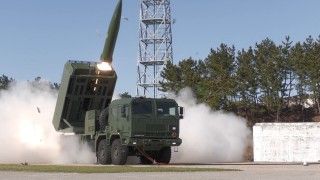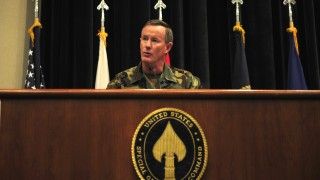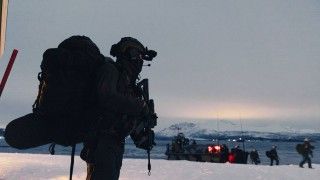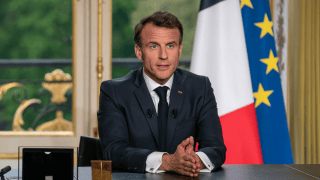- WIADOMOŚCI
Poland as a Maintenance Hub for South Korea?
“Poland would become a maintenance hub for Korean-made equipment operated by the European states. This applies, to K9 howitzers, among other assets. The Polish industry will be making money out of this”, Paweł Bejda, Deputy Minister of Defence said, during the “Polish-Korean Defence – Industrial Cooperation” panel.
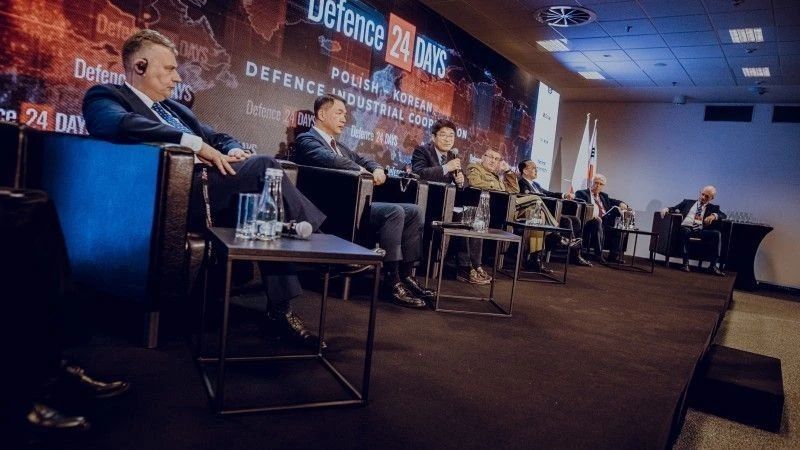
The beginning of the panel moderated by Jakub Palowski covered the strategic objectives involved in the Polish-Korean cooperation. Paweł Bejda, Deputy Minister of Defence, was the first one to take the floor, describing the current status of talks between Warsaw and Seoul.
“We highly appreciated the Korean willingness to collaborate in the transfer of state-of-the-art technologies for implementation in Poland. (…) Not every country wants to share the technologies. Korea does. This makes our cooperation go to the next level”, said Minister Bejda, pointing to one additional advantage of the Polish-Korean cooperation.
“Poland would become a maintenance hub for Korean-made equipment operated by the European states. This applies, to K9 howitzers, among other assets. The Polish industry will be making money out of this”, Bejda stressed, also making references to specific pieces of equipment in his statement.
“We have signed a conditional performance contract regarding the Chunmoo launchers. Out of 72 examples, 60 would be manufactured in Poland”, he explained, also moving on to the polonization of the K2 main battle tanks.
“The negotiation on the placement of manufacturing of that main battle tank has been dragging on too long. They lasted 1.5 years and ended up in nothing. I hope that President Trofiniak will finalize the process, resulting in the implementation of that, and that the tanks will be polonized”, he added.
Mutual Benefits?
Sung Il, Korean Defence Minister, mentioned the similarities between Poland and South Korea, also outlining the mutual benefits stemming from the cooperation between the two nations, and the reasons for which Seoul decided to start the development of its defence industrial complex.
Sung Il said that Korea wanted to establish an armament manufacturing capacity of its own, to be able to respond to threats posed by the neighbours, pointing out the fact, that Poland finds itself in similar circumstances.
He added that Korea is going to make use of the investment and transfer of technology to Poland, as these processes would turn Poland into a European hub for manufacturing and maintaining those systems. Sung Il stated that given the fact Korea would establish strategic reserves in Europe, the Korean industry would also benefit from that. A similar tone of voice was adopted by General Dariusz Łukowski, Deputy Chief at the National Security Bureau.
“With Korea and us, there are more similarities than differences. More things connect us, and less divide us. We have a similar perception of threat. Strategically approaching this collaboration is of great relevance”, he said.
“Not only is the transfer of maintenance capability the goal of engaging in collaboration with Korea, but it also applies to manufacturing”, he added, highlighting the pressure imposed by time, more, and more often brought up by the European leaders.
Involvement of the Polish Industry
DAPA’s Seungjin Oj said that the Korean businesses are seeking Polish partners and that Korea expects K2 and K9 to be manufactured in Poland soon - hoping for long-term cooperation.
Marcin Kubica, WB Group’s Director of Operations also noted another relevant issue: the need to “Koreanize” the Polish solutions.
“AI systems, UAVs, and satellites are among products that the WB Group has been successfully manufacturing. These are battle-proven. If our cooperation with Korea is bilateral, then this is the best form of that cooperation. (…) We are declaring openness on our side. Let’s make “Koreanization” of the Polish systems a part of the debate as well”, he added.
Krzysztof Trofiniak, President of the PGZ Group, also made a very relevant point, describing the tasks faced by the Polish defence industry.
“Manufacturing of rockets for Homar-K would require a launch of a new production line (…) K2 would be a much greater challenge, than the launch of the Krab manufacturing. Not only will this be a challenge for the heavy industry, but also for the electronics manufacturers”, Trofiniak said.
What the K2 main battle tank manufacturing could look like? “Assembly may be started, based on components imported from Korea, in 2-3 years. The maintenance capabilities need to be launched the soonest, and one facility may not be enough, seeing the number of main battle tanks expected to be operated by the Polish Army”, he said.













